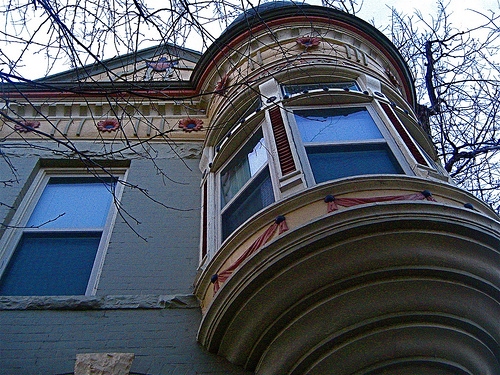
By: Skyler Moore
How would you like to walk to the mailbox and collect a check every month from real estate that you owned? Depending on the type of property and financial position, it could be a few hundred dollars, to thousands of dollars per month. The Denver real estate market has begun a slow recovery since the decline in housing values that started in mid 2000 for the Denver metro area. The Notice of Election in Demand (NED) list has shown signs of improvement of the past few years.
The NED list has decreased from 6,033 in 2009 to 4,986 in 2010 and currently has 3,277 active in Denver county as of 1/5/2011. This is important for those buying income property in Denver, because the NED list consists of home owners 30, 60 and 90 days late on their mortgage payment. Historically, a large number of homeowners on the NED list eventually default and fall into the foreclosure process. As the number of NED homeowners decreases, the foreclosure supply should eventually decrease accordingly.
The declining home values and surge in foreclosures has created ample opportunity for real estate investors who are seeking positive cash flow properties both in residential and commercial real estate. Commercial real estate is a different animal, but essentially is having the same problem. Commercial property that was built during the housing boom cost too much per square foot and even properties that were built before have lost significant value, because consumers have lost purchasing power. Since consumers are not able to buy goods and services like before, business owners in commercial property are unable to make the lease payments, which is a domino affect.
Denver Real Estate Investors
Real estate investors with cash are able to capitalize on the distressed values by purchasing mostly residential property at public trustee sales or banks and commercial real estate or commercial notes from banks.
I personally have been fixing and flipping residential properties in Denver county that yield 10%-20% cash on cash returns based solely on net cash flow. These residential properties are not slum homes. They often are 2000 or newer built homes, located in areas with new schools and commercial shopping complexes. These homes are fully rehabbed with new carpet, paint, trim, yard, plumbing, tile, granite, stainless steel appliances and more.
The same opportunity exists for commercial real estate. Larger investors in the Denver area have been capitalizing on downtown buildings and developments that are forced into foreclosure, because the debt is too great to service with income that is being produced at market rates. Apartment investors are also able to purchase large buildings at distressed prices, improve the apartments enough to raise rent, essentially raising their cap rate, which is the income produced.
Investing in residential or commercial real estate will depend on an investors financial position, risk preference and involvement process. Investors who are seeking higher returns with less hands on involvement, will want to consider commercial real estate investing, or private money lending. These types of investing will mitigate unwanted phone calls or maintenance.
Investors who do not posses as much as, or do not mind actively being hands on with property should consider investing in residential property. Depending on the level of involvement, investors may want to consider purchasing rehabbed property.
The Buyers Utopia team can help on all levels of Denver Investment Property acquisitions depending on where prospective buyers are in their real estate portfolio process and preferences. To learn more, contact us today.
Related posts:
Leave a Reply
You must be logged in to post a comment.